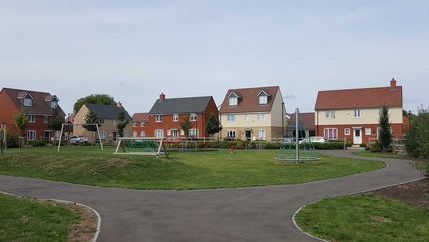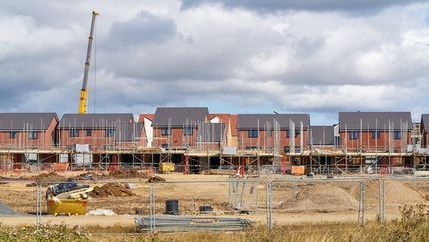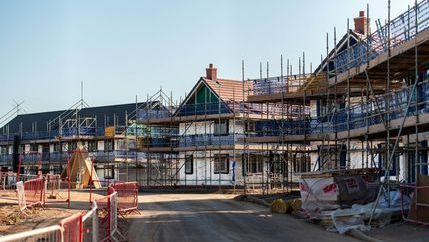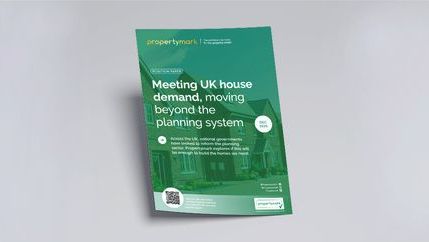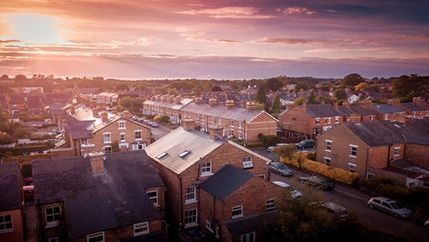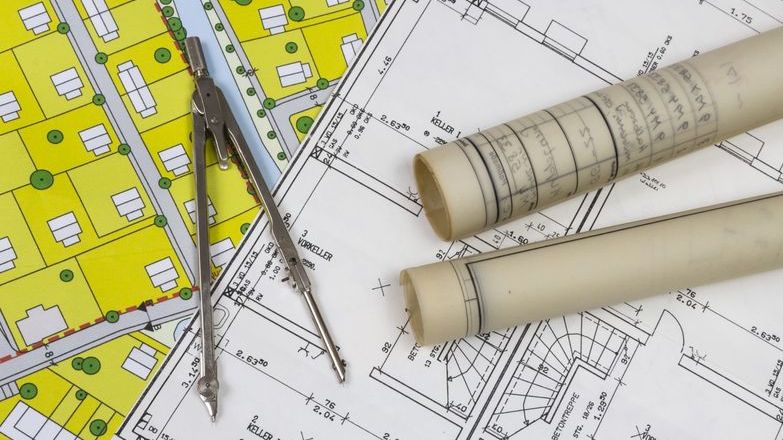
The Department for Levelling Up, Housing and Communities (DLUHC) is consulting on the proposals, which it says will make the bar for refusing plans much higher, with a ‘brownfield presumption’ introduced if housebuilding falls below expected levels in major towns and cities.
The focus on urban brownfield sites aligns with the ambition to deliver homes in areas where need and demand is highest and where infrastructure already exists to support new development, whilst continuing to protect Green Belt land.
Removing barriers to efficient land use
Responses to the 2022 consultation on reforms to national planning policy highlighted that the viability of urban brownfield developments can be significantly impacted by the complexity of the sites, such as the need to purchase several small adjacent sites or to clean up contaminated industrial land.
In order to incentivise such developments, DLUHC proposes to alter national planning policy to give significant weight to the benefits of delivering as many homes as possible and to instruct local planning authorities to take a flexible approach to guidance on the internal layout of developments.
This would extend existing national policy related to the consideration of daylight and sunlight, and the efficient use of land, when determining planning applications. National policy would continue to expect that new development would provide acceptable living standards.
What the brownfield presumption would mean in practice
For local planning authorities whose housing completions have fallen below the levels required to meet their 10-year targets, there will be a strong presumption in favour of granting planning permission for proposals which comprise or include residential development on previously developed (brownfield) land.
The presumption means that planning permission will be granted as quickly as possible unless the adverse impacts ‘significantly and demonstrably’ outweigh the benefits of creating more homes.
London at the heart of the issue
The brownfield first approach has emerged from a recently completed review of the London Plan, which shows that brownfield presumption in the capital could result in up to 11,500 additional homes per year.
Housing delivery in London has failed to meet the London Plan target and is well short of the assessed housing need. Unless action is taken, the report predicts a shortfall of 150,000 homes in London by 2028.
In a letter to the Mayor of London, the Secretary of State for Housing, Micheal Gove, MP, states that house building in the city is also being delayed by duplication of the planning process by the Greater London Authority. As part of the wider consultation DLUHC is seeking views on whether the rules about when a residential planning application can be referred to the Mayor should be changed.
Responding to the proposals
The consultation will run until 26 March and, subject to the responses, DLUHC wants to implement changes as soon as possible.
Propertymark will respond on behalf of members. Please email the Policy and Campaigns team at [email protected] if you wish to share any comments or information to support our response. Individuals can also respond to the consultation directly.


